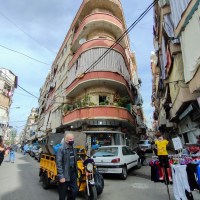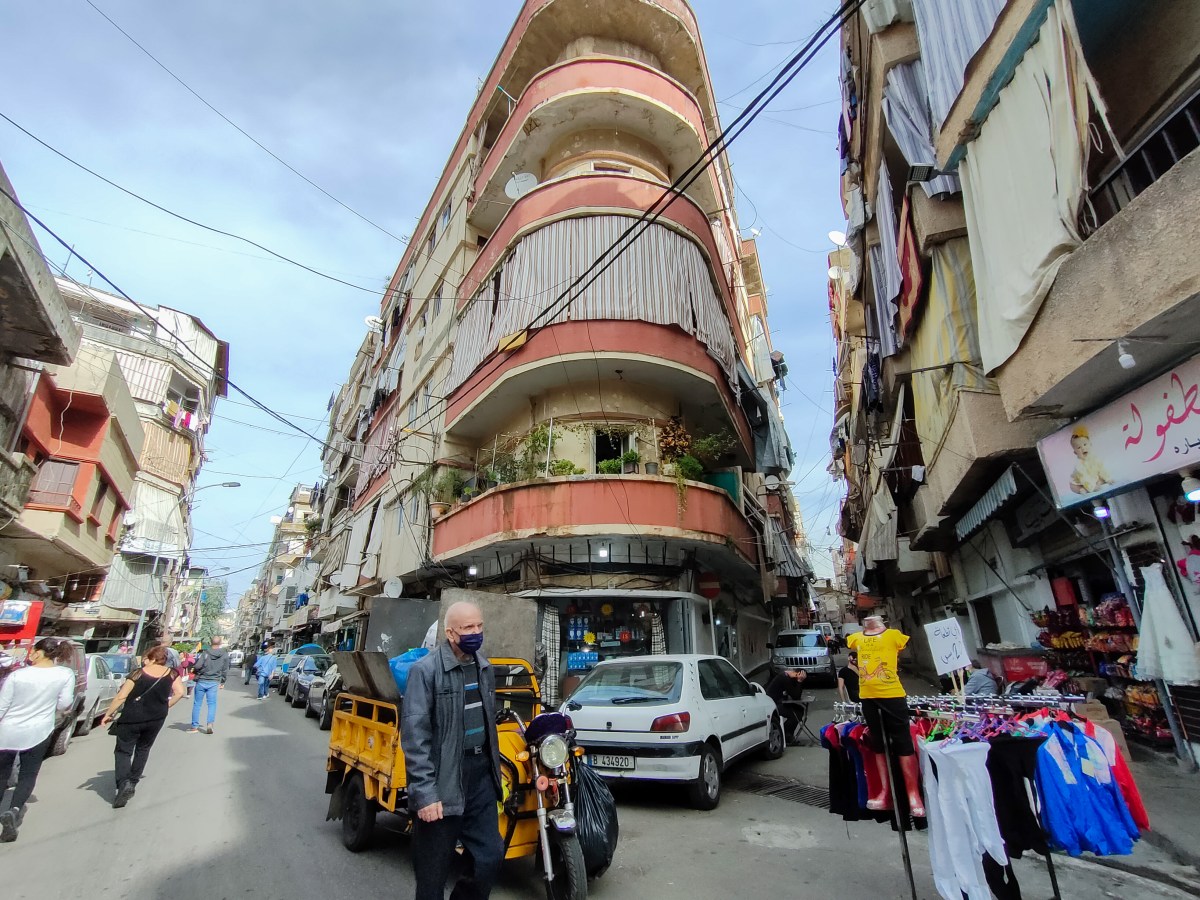5:30 PM, Beirut, Lebanon. Middle East Relief Team update.
Hello everyone. So, we all know that the economy of Lebanon has been collapsing, but now I will give you a bit more detail.
Lebanon has witnessed a dramatic reduction in basic services, driven by depleted foreign exchange reserves and the high cost of foreign exchange import subsidies on food, fuel, and medication. The country’s gross domestic product (GDP) figure–the value of goods and services added to the economy over the course of a year–is projected to drop by 10.5% for 2021, after a 21.4% contraction in 2020.
The Lebanese pound is virtually worthless, having lost 90% of its value against the dollar over the past several years. The country is crippled by hyperinflation with price increases of more than 400% putting basic goods beyond the reach of so many people. So, Lebanon’s economy contracted by more than 20% in 2020 and another 10% in 2021—so that’s 30% over two years.
Lebanon’s electricity grid shut down entirely for a period of time after the country’s two main power stations ran out of fuel. Currently, residents in Beirut are getting on average 1-2 hours of electricity per day through the electricity grid. Those with resources are able to rely on generators, but not everyone has enough money to pay for a private generator subscription. So electricity has become a luxury for only those that can afford it—a minority of the population. Much of the city is pitch black each night, except for the lights of a handful of buildings with private generators and car headlights.
This severe economic and financial crisis is causing tremendous hardship for the people of Lebanon, a quarter of whom are refugees (largely from Syria and Palestine). An unprecedented number of people have been forced to rely on humanitarian assistance. The World Bank has described the situation as one of the most severe global crises since the mid-nineteenth century.
Lebanon’s food crisis is not a recent development. The World Food Programme estimates that food prices have gone up by 628% in just two years, compounding Lebanon’s economic meltdown, which has plunged three-quarters of its population into poverty.
Monthly food boxes distributed to families through our relief programming are prized by recipients. In December, because the value of the currency continued to drop, the cost of food boxes was around 180% of an average worker’s salary in Lebanon. This is how big the impact of our food parcels was—and the need is still surging as we speak.
[Over the coming days, we’ll share more about the ways our community is meeting needs in Lebanon, helping families who are hungry, cold, and increasingly desperate.]


